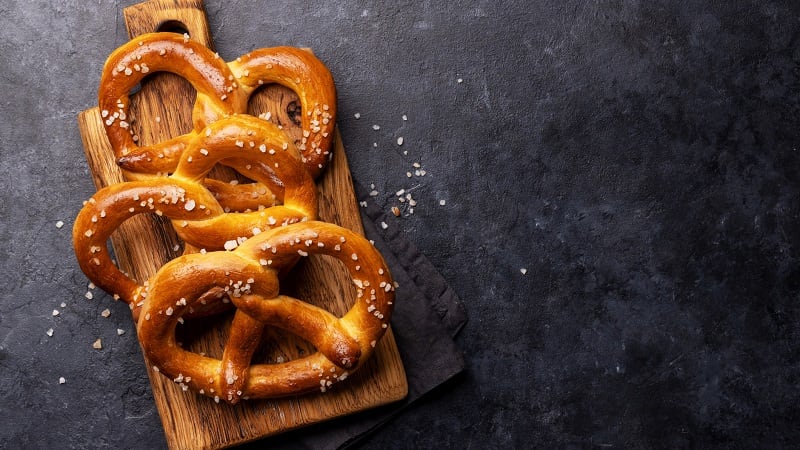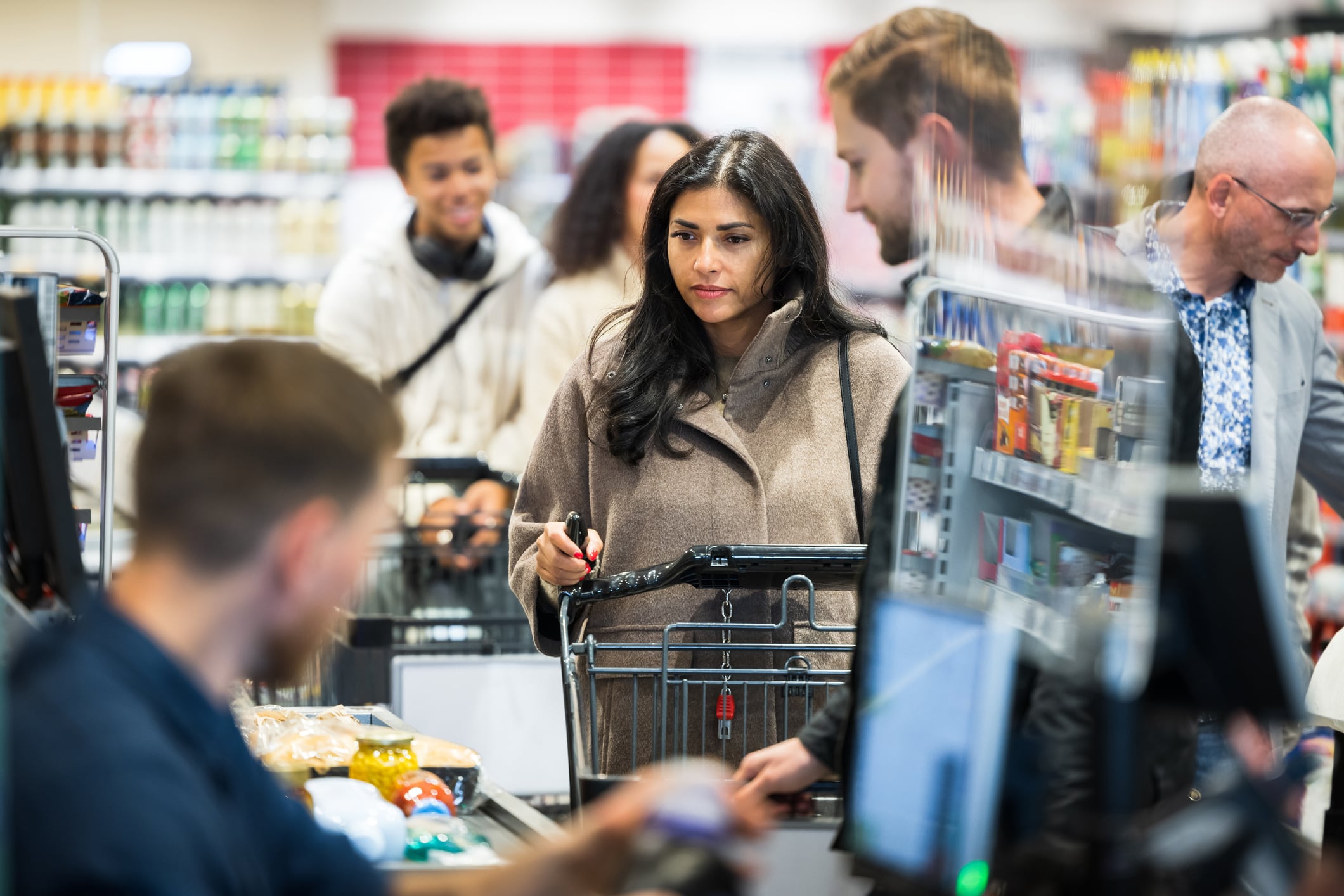While college students in the past relied on instant noodles with little to no nutritional value, tech company-turned-food manufacturer Borealis Foods identified a white space for Gen Z consumers looking for affordable and nutritious foods on the go made with US ingredients.
Borealis Foods’ instant ramen brand Chef Woo Ramen contains protein-enriched dough from legumes, such as yellow peas, and various grains, and is also vegan, shared the company’s CEO and Founder Reza Soltanzadeh during Future Food Tech-San Francisco last month.
Chef Woo Ramen features five comfort-and globally-inspired flavors, including Thai Lemongrass, Sweet Chili Togarashi, Braised Beef, Spicy Tequila Lime and Roasted Chicken, aligning with what Soltanzadeh says is a growing preference for culturally diverse flavors.
The company transitioned from food science R&D to CPG food production in 2019. By leveraging Borealis’ existing manufacturing and distribution facility and subsidiary Palmetto Gourmet Foods based in Saluda, SC, the company focused on retail and food service. While Borealis considered other dough-based products, like pizza dough and snacks, Soltanzadeh says that ramen would meet a wider audience for its cultural acceptance and because of its existing manufacturing infrastructure.
Borealis’ fortified ramen noodles aims to reinvigorate the “sleepy” soup aisle by providing healthy, flavor-forward, affordable noodles for Gen Z consumers, Soltanzadeh said. The fortified noodles retail at $20.04 for a 12-pack (roughly $1.67 per container) on Walmart.com. Other better-for-you noodle brands, such as Huel’s ramen cups contain up to 25 grams of protein and retail for roughly $4.95 for per cup in a 12-pack, and Vite Ramen which claims to contain up to 25 grams of protein and 6 grams of fiber for $6.97 per container in a 12-pack.
“Even as young as the age of 14 or 15, kids are truly reading Nutrition Facts tables in detail. They are researching it and their understanding of quality of protein, quality of fiber, sugar levels, carb levels and net carb levels. These are things that we never saw before, and today we are seeing it,” he said.
Future Food-Tech Chicago to explore sustainable ingredients and proteins June 2-3, 2025
The panel Bridging the Supply Gap: Designing Sustainable Ingredients and Proteins on June 2 at 11:00 AM CT will be moderated by Cristina Rohr, Managing Director – Food & Agriculture, S2G INVESTMENTS
Speakers include:
Brandy Edmonds, Vice President Innovation, Technology, & Quality, GENERAL MILLS
Edward Shenderovich, CEO, SYNONYM
Julian Melchiorri, CEO & Founder, ARBOREA
Allyson Fish, President, Chief Commercial Officer, Precision Fermentation, ADM
Will retailers and consumers covet US-made products due to tariffs?
As the food industry braces for potential tariffs, Borealis expects minimal impact to its supply chain due to the company’s US-based vertically integrated production and ingredient sourcing for its flour and vegetable oil, which puts it in a beneficial position with retailers, Soltanzadeh explained.

After the supply chain disruptions from COVID-19 that led to product shortages and high grocery prices, Soltanzadeh emphasizes a potentially growing number of US-made products on shelves that will cater to both retailers and consumers – however, the transition will be “very difficult and expensive” as the US food system’s current production infrastructure is based on overseas materials and technology.
While not completely immune to tariffs, Borealis’ use of imported seasonings for its ramen noodles make up less than “half a percent” of the finished product, Soltanzadeh said.
Although US-made finished foods may be encouraging, the industry still has to grapple with import taxes for other areas of the supply chain, such as the Trump Administration’s auto tariffs reaching 10% or higher depending on the country that will impact food transit, according to trade publication Automotive Fleet.
Videography and editing by Caroline Rude.



